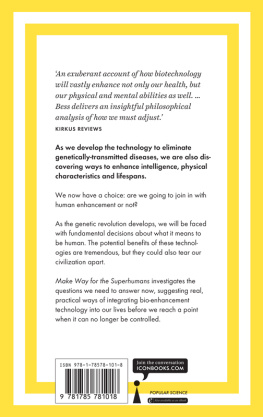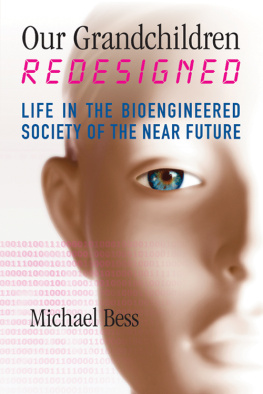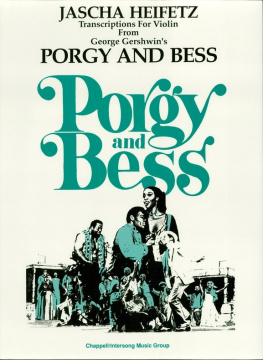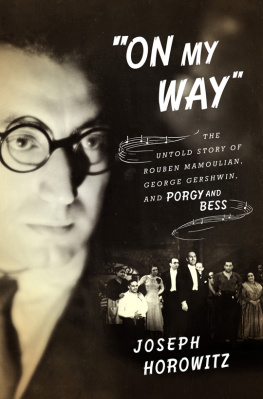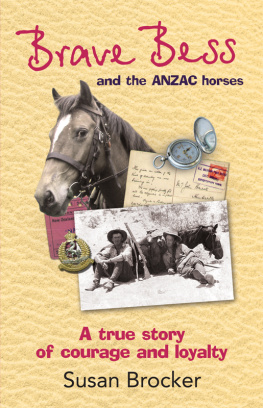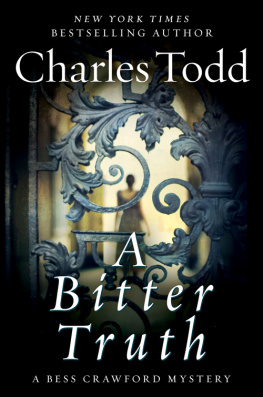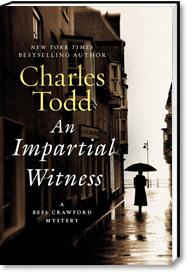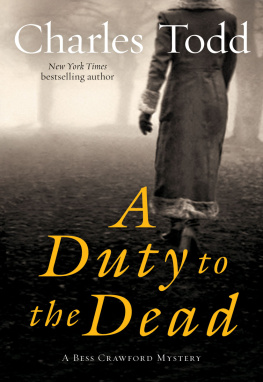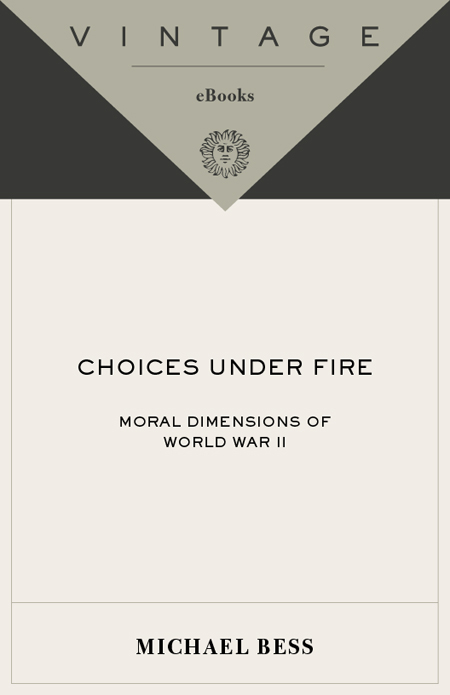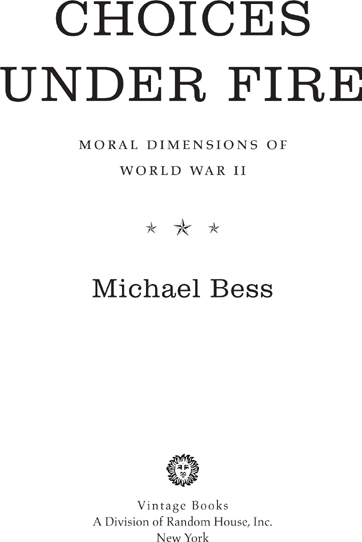Michael Bess - Choices Under Fire: Moral Dimensions of World War II
Here you can read online Michael Bess - Choices Under Fire: Moral Dimensions of World War II full text of the book (entire story) in english for free. Download pdf and epub, get meaning, cover and reviews about this ebook. year: 2006, publisher: Knopf, genre: Politics. Description of the work, (preface) as well as reviews are available. Best literature library LitArk.com created for fans of good reading and offers a wide selection of genres:
Romance novel
Science fiction
Adventure
Detective
Science
History
Home and family
Prose
Art
Politics
Computer
Non-fiction
Religion
Business
Children
Humor
Choose a favorite category and find really read worthwhile books. Enjoy immersion in the world of imagination, feel the emotions of the characters or learn something new for yourself, make an fascinating discovery.

- Book:Choices Under Fire: Moral Dimensions of World War II
- Author:
- Publisher:Knopf
- Genre:
- Year:2006
- Rating:3 / 5
- Favourites:Add to favourites
- Your mark:
Choices Under Fire: Moral Dimensions of World War II: summary, description and annotation
We offer to read an annotation, description, summary or preface (depends on what the author of the book "Choices Under Fire: Moral Dimensions of World War II" wrote himself). If you haven't found the necessary information about the book — write in the comments, we will try to find it.
Viewing the conflict as a composite of countless choices made by governments, communities, andalways of the utmost importanceindividuals, Bess untangles the stories of singular moral significance from the mass of World War II data. He examines the factors that led some people to dissent and defy evil while others remained trapped or aloof, caught in the net of large-scale operations they saw as beyond their control. He explains the complex psychological dynamics at work among the men of Reserve Battalion 101, a group of ordinary working-class Germans who swept through the Polish countryside slaughtering Jews, and among the townspeople of the Plateau Vivarais-Lignon, who rescued thousands of Jewish refugees at their own peril. He asks poignant hypothetical questions, such as what would have happened had the Catholic Church taken a hard line against Nazism, placing an imperative on its members to choose between their loyalties.
As Bess guides us through the wars final theater, the politics of memory, he shows how long-simmering controversies still have the power to divide nations more than half a century later. It is here that he argues against the binaries of honor and dishonor, pride and shame, and advocates instead an honest and nuanced reckoning on the part of the worlds nations with the full complexity of their World War II pasts.
Forthright and authoritative, this is a rigorous accounting of the war that forever changed our world, a book that takes us to the outer limits of moral reasoning about historical events.
Michael Bess: author's other books
Who wrote Choices Under Fire: Moral Dimensions of World War II? Find out the surname, the name of the author of the book and a list of all author's works by series.

